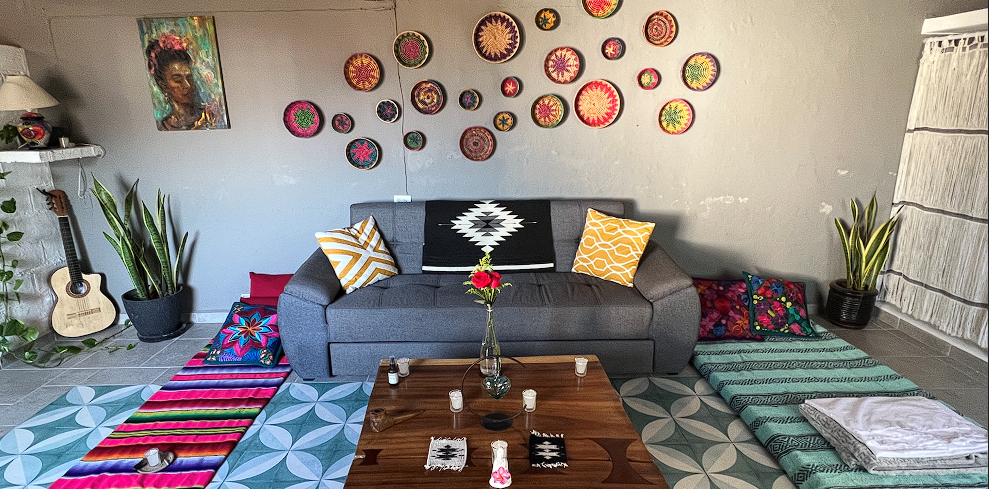- 1
- 1
- 12
- 5
- 2
- 3
- 1
- 1
- 26
- 13
- 1
- 1
- 6
- 1
- 1
- 1
- 1
- 1
- 10
- 6
- 1
- 1
- 37
- 5
- 1
- 1
- 2
- 9
- 3
- 12
- 1
- 1
- 2
- 2
- 11
- 6
- 4
- 1
- 23
- 1
- 7
- 1
- 1
- 1
- 2
- 1
- 1
- 1
- 1
- 1
- 1
- 3
- 1
- 41
- 0
- 1
- 11
- 18
- 4
- 8
- 3
- 5
- 27
- 5
- 12
- 4
- 1
- 3
- 2
- 13
- 2
- 2
- 1
- 2
- 2
- 3
- 1
- 12
- 3
- 3
- 2
- 37
Psychedelic Retreats in Jalisco
According to local legend, Jalisco, a western Mexican state sitting on the Pacific Ocean, is where both mariachi music and tequila originated. It is also home to Mexico’s second-largest city, Guadalajara.
History of Psychedelics in Mexico
While Mexico is pretty much ground zero when it comes to the resurgence of psychedelics thanks to Maria Sabina, Gordon Wasson and the Psilocybe mexicana. Psychedelic use is rooted in the country’s history, as many indigenous communities (Mayans/Aztecs) used psychedelic plants for religious reasons for millennia.
Legal Status of Psychedelics in Mexico
Understanding the nuance of Mexican drug laws is challenging as there are numerous conflicting laws at the state, regional and municipal levels.
Know this, Article 245 of Mexico’s General Health Law stipulates that mushrooms containing psilocybin are illegal, and the bill specifically identifies certain species that are illegal. Additionally, psychedelic mushrooms can land the unfortunate soul caught with them in their possession a four (4) to seven (7) year prison sentence.
- Psilocybin: Having said that, Article 195 of Mexico’s Federal Penal Code allows for a religious exception, so authorities can’t prosecute you for using psilocybin mushrooms in traditional spiritual practices or ceremonies.
- 5-MeO-DMT: 5-MeO-DMT also falls under the Article 195 exemption.
For more specific information, please read our FAQ “Are Psychedelics Legal in Mexico?”

